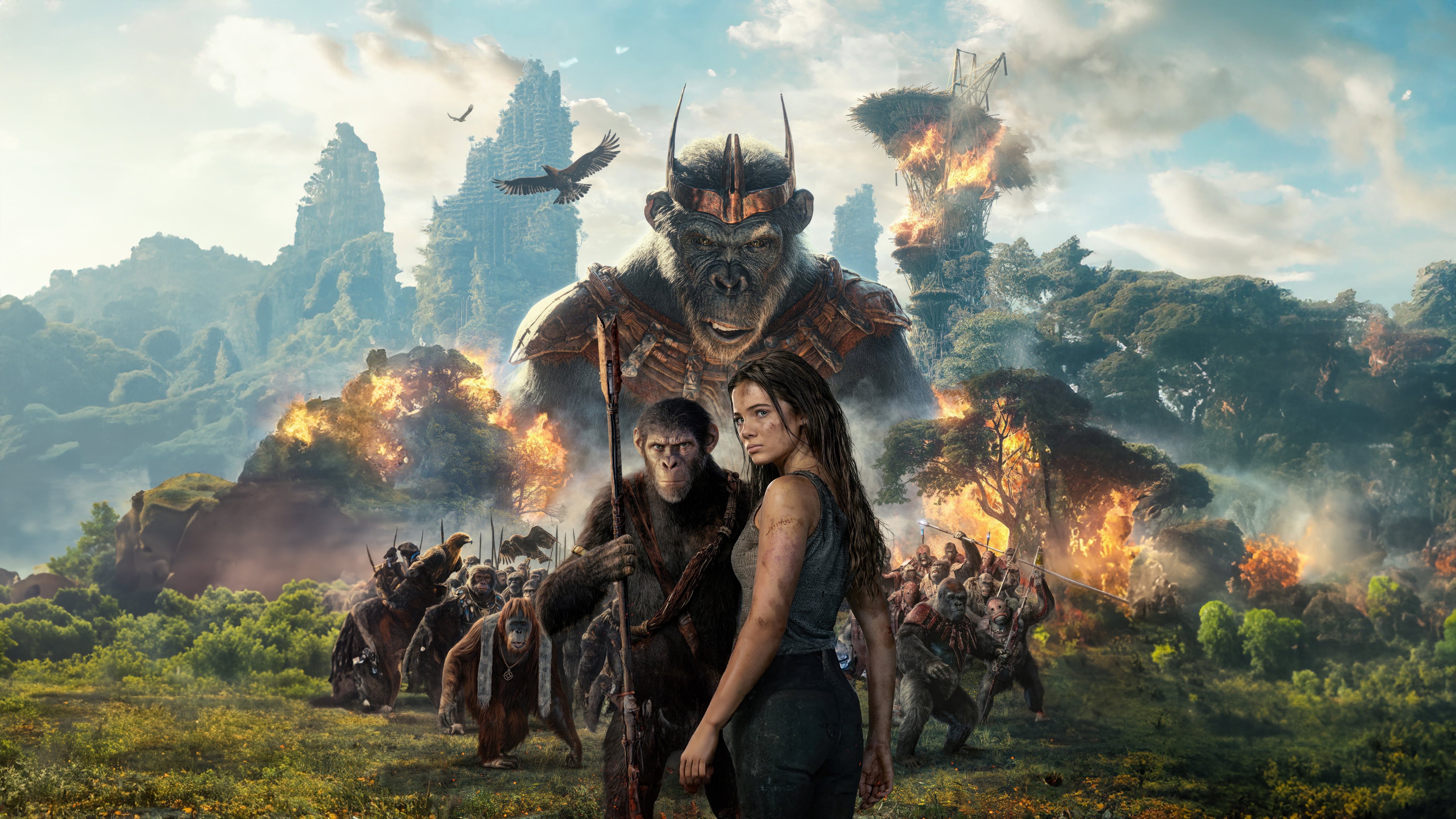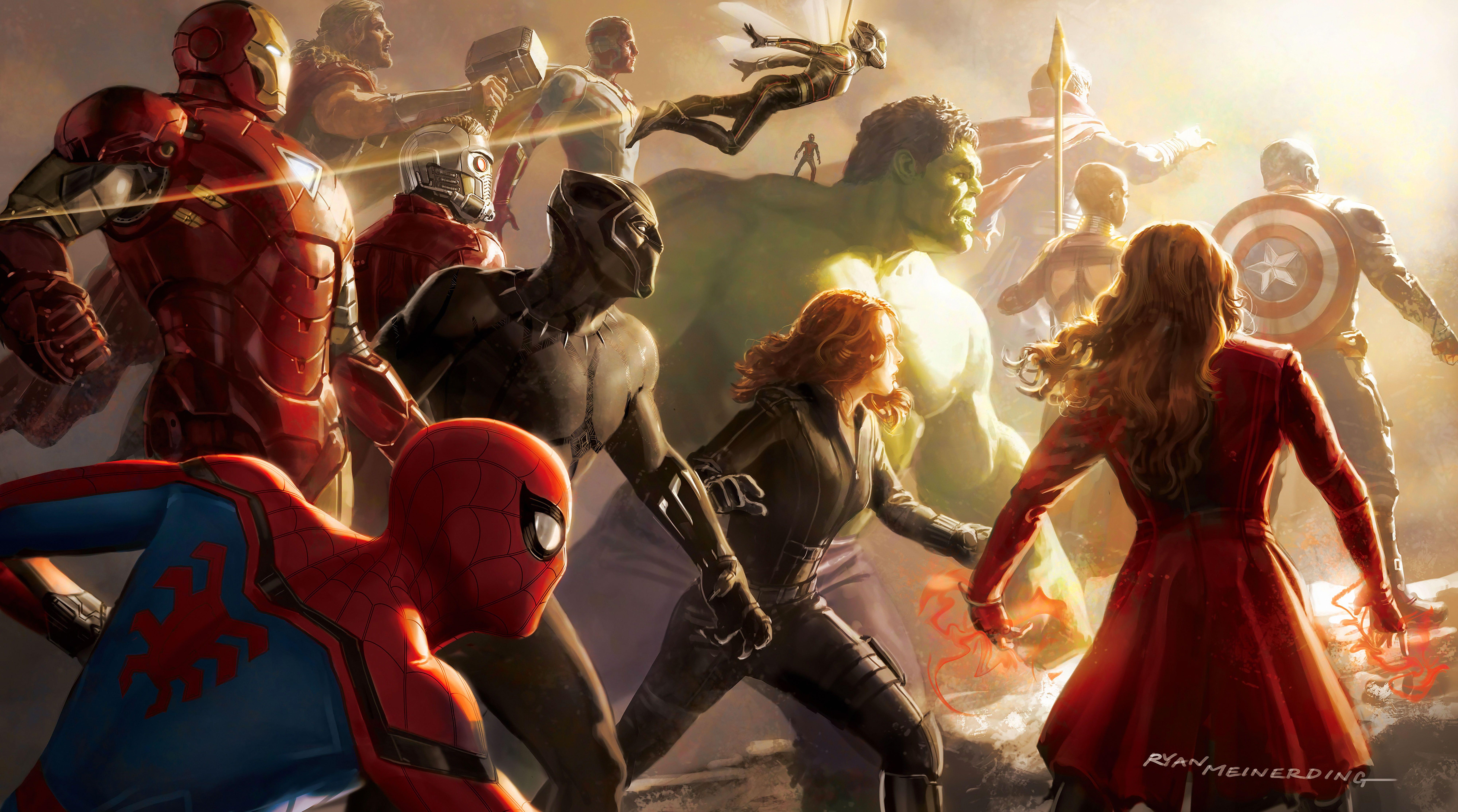Stream Unlimited Movies & Shows
Watch thousands of titles on your favorite streaming platform
Prime Video
Stream award-winning movies, exclusive Amazon Originals, live sports, and thousands of popular titles.
- Unlimited streaming in HD & 4K
- Download and watch offline
- Watch on any device
- New releases every week
Unlimited Content
Access thousands of movies, shows & documentaries
Any Device
Watch on TV, phone, tablet or computer
Offline Viewing
Download and watch anywhere without internet
Family Friendly
Multiple profiles for personalized experience
Trending This Week
Most watched movies right now
Popular Movies
Audience favorites worldwide
Top Rated Movies
Critically acclaimed masterpieces
Coming Soon
Most anticipated releases
Popular TV Shows
Binge-worthy series everyone's talking about
Your Ultimate Movie & TV Show Destination
Stay informed with our timely and comprehensive coverage on everything from action-packed blockbusters to heartwarming dramas and side-splitting comedies. Discover what's new, stay ahead of the trends, and never miss a beat with us!
10,000+
Movies
5,000+
TV Shows
1M+
Users
150+
Countries





